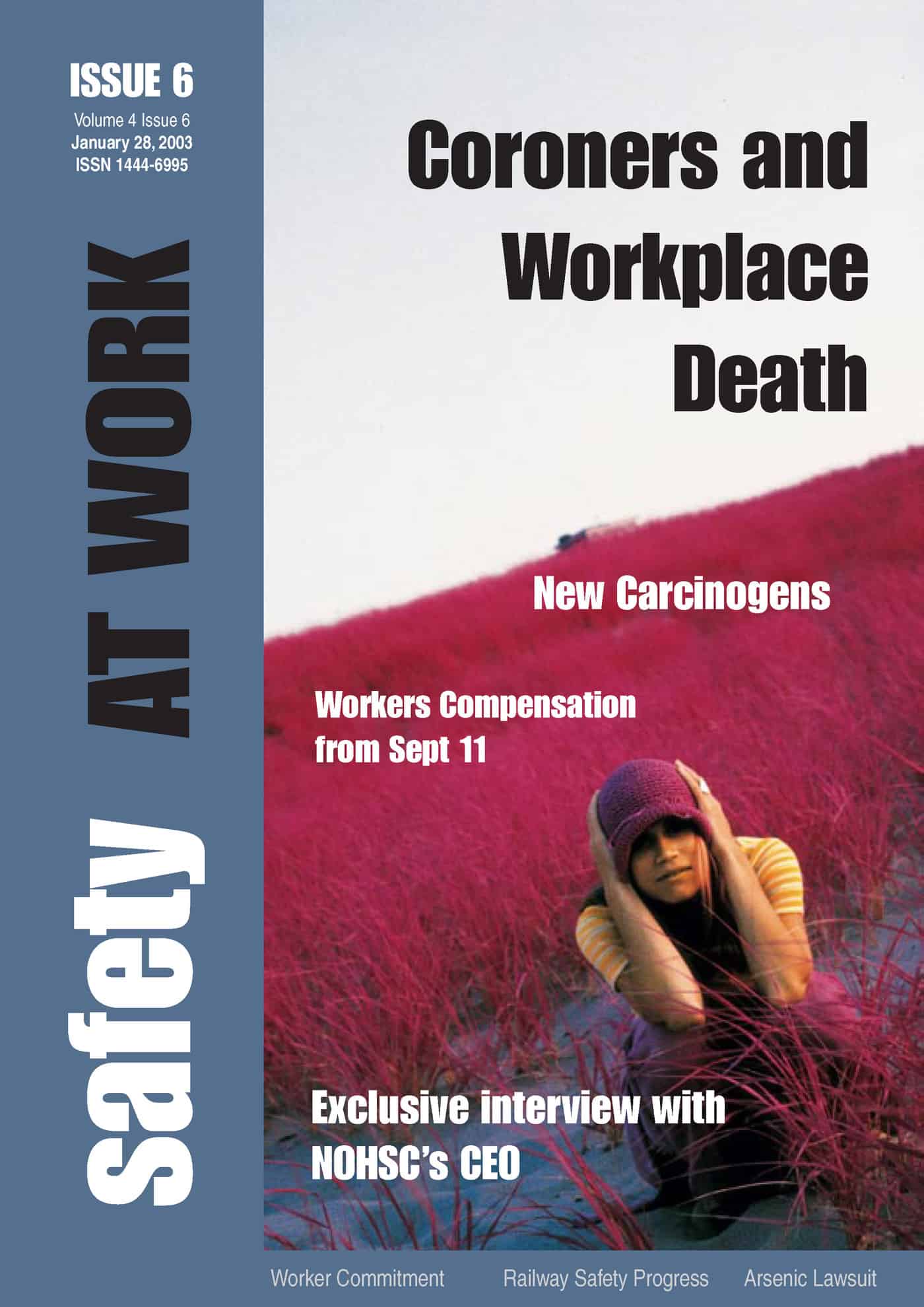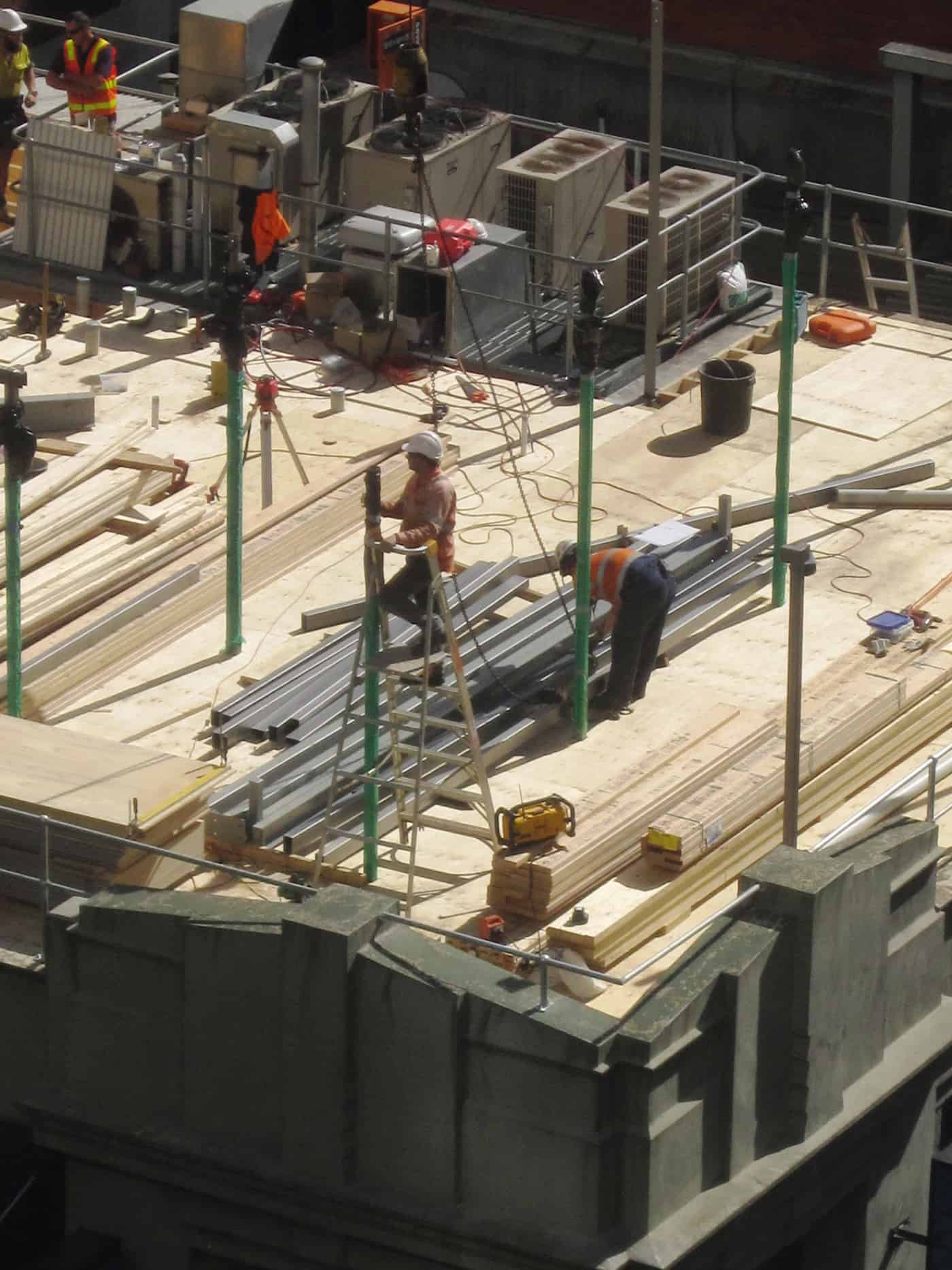On the 28 April edition of the ABC TV show, Insiders, Gerard Henderson displayed a common misunderstanding about the role and existence of regulations. In discussing the childcare industry Henderson, Executive Director of the Sydney Institute, said that regulations always increase business costs, as if regulations are the start of a process when regulations are almost always a reaction to a hazard, an abuse, an exploitation or a risk.
Business leaders seem to be incapable of understanding that they have the power to reduce what they see as OHS red tape by changing their behaviours, perhaps by embracing and implementing safety leadership.
Many politicians and commentators have linked recent factory explosions and collapses around the World Day for Safety and Health at Work on 28 April. Continue reading “Safety, business costs and regulation”





